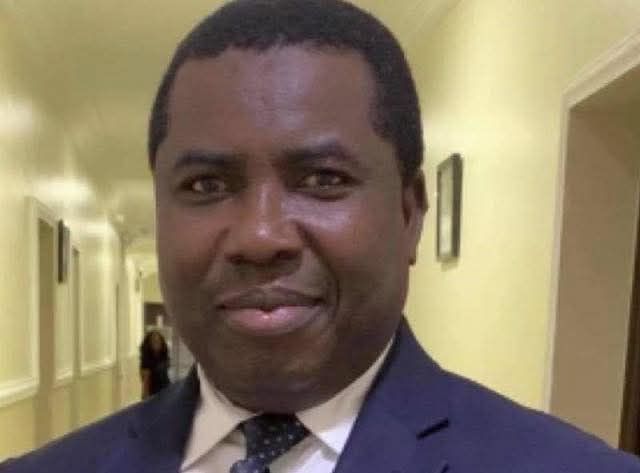
Black Inventor Who Developed Plastoline—Tech That Converts Plastic Waste to Fuel—Has Gone Missing.
In a world drowning in plastic waste and desperate for clean energy solutions, 21-year-old Julian Brown seemed to hold the answer. The metro Atlanta inventor had developed Plastoline, a solar-powered reactor capable of converting discarded plastic into usable fuels—gasoline, diesel, and even jet fuel—through a process called microwave pyrolysis. His invention promised not just environmental salvation but an economic revolution, particularly for Black and low-income communities.
Yet now, just as his technology was gaining traction, Brown has allegedly vanished under suspicious circumstances. His last message, posted on July 9, 2025, was a chilling plea: “I’m certainly under attack… Keep me in your prayers.” Since then, silence. No official missing persons report. No police investigation. Just whispers of a genius who may have been too close to disrupting a trillion-dollar industry.
READ: The World Hoped He’d Wake: Farewell to Saudi Arabia’s ‘Sleeping Prince’

A Revolutionary Invention
Plastoline wasn’t just theoretical. Brown had conducted multiple live demonstrations, streamed to his 300,000+ followers on his Facebook page “Nature Jab“, proving his system worked. Witnesses watched as he fed plastic waste into his reactor, extracted fuel, and used it to power vehicles—all without relying on traditional oil. The implications were staggering:
- Environmental Impact: Billions of tons of plastic waste could be repurposed instead of polluting oceans and landfills.
- Economic Disruption: Waste collectors—often low-income workers—could suddenly see their trash become a lucrative commodity.
- Energy Independence: Developing nations could produce their own fuel, breaking free from costly oil imports.
For Brown, this wasn’t just science—it was a pathway to generational wealth. If Plastoline were adopted globally, he stood to become one of the wealthiest Black inventors in history, with profits flowing back into underserved communities.
READ: Nigerian Inventor Wins Africa Prize for Breakthrough Ventilator That Needs No Electricity
Who Would Want to Stop Him?
The fossil fuel industry is worth trillions. If Plastoline scaled, it could undermine oil giants, refineries, and plastic manufacturers—all of whom rely on cheap petroleum production. Brown’s invention threatened to:
- Reduce demand for crude oil, crashing profits for major corporations.
- Increase the value of plastic waste, disrupting manufacturers who depend on disposable, low-cost materials.
- Shift energy control away from traditional power players.
Black innovators who challenge entrenched industries often face resistance:
- Garrett Morgan, inventor of the traffic light and gas mask, had to fight for recognition.
- Lewis Latimer, who improved the light bulb, was erased from Thomas Edison’s narrative.
- Frederick McKinley Jones, creator of mobile refrigeration, saw his innovations exploited by corporate interests.

Now, a young Black man with a world-changing technology disappears after hinting at being “under attack”? The timing is too convenient.
With no official investigation, Brown’s supporters are raising alarms. Was he kidnapped? Intimidated into hiding? Or worse? If Plastoline is real—and his demonstrations suggest it is—then his disappearance isn’t just a personal tragedy. It’s a global loss.
The world needs to know: Where is Julian Brown? And who benefits from his silence?




















